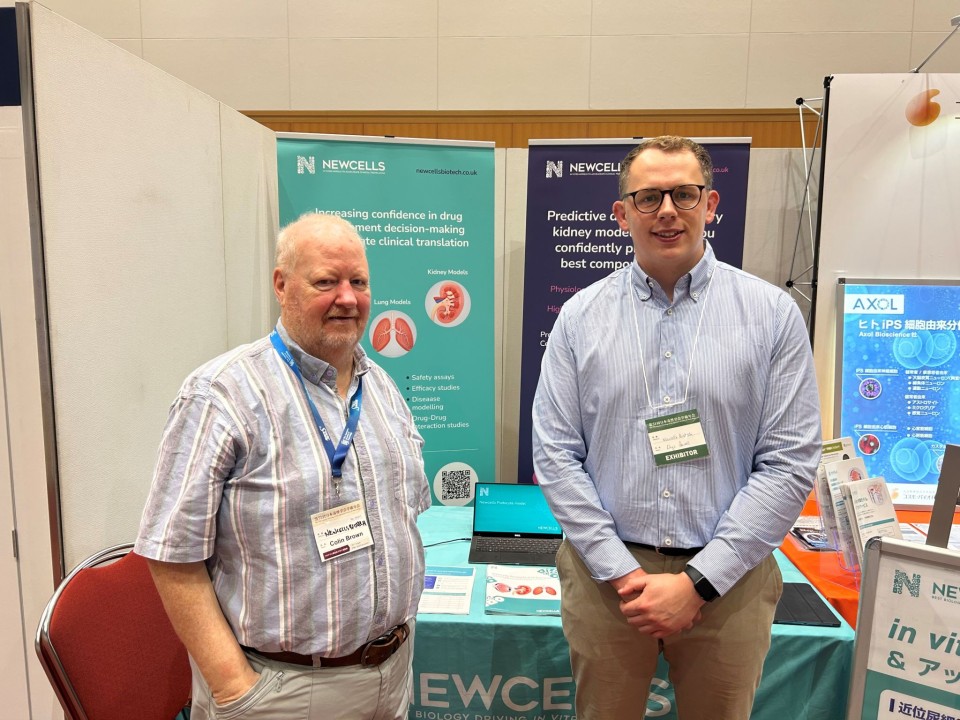The Intensity of Innovation: Insights from the Japanese Society of Toxicology Conference
Each year, the Japanese Society of Toxicology (JSOT) Conference brings together the best minds in toxicology from across Japan. The event is a well-attended blend of talks and posters, but what sets it apart is the intensity and engagement of the attendees. This year the conference was in Fukuoka, Kyushu’s largest and most vibrant city.

A Unique Exhibition-Poster Integration
One striking feature of JSOT is how they seamlessly integrate exhibitions with poster sessions. Exhibitors and poster presenters are placed in parallel rows, creating a bustling atmosphere where attendees easily transition between booths and posters. This setup ensures constant interactions. People read posters or interact with exhibitors as they wait to speak with a poster presenter, using their time to learn about what each company offers.
Unparalleled Engagement
Poster sessions at JSOT are markedly different from those in other regions. In Japan, presenters can expect a crowd of attendees deeply interested, ready to meticulously examine data, ask probing questions, and engage in meaningful scientific discussions for extended periods. I always gain great pleasure from this intense interest that makes for a highly dynamic and fruitful exchange of ideas, contributing to a rich scientific dialogue.
Business with a Personal Touch
Conducting business in Japan is an experience in itself. The approach is highly deferential, with visitors treated as honoured guests. Meetings are not just about exchanging information; they reflect genuine interest and respect. Travelling for meetings often involves long journeys, but the effort is reciprocated with high-quality discussions and keen interest from hosts. Japanese business etiquette ensures that every meeting has a purpose and is valued, with less casual interactions compared to those we have in other parts of the world.
The Advanced Pharmaceutical Landscape
Once more, gaining insights from Japan’s pharmaceutical industry confirmed how the ongoing developments there are at least on par with its American counterpart. Many sites in Japan combine research and manufacturing, offering a holistic view of the drug development process. While the West currently predominantly focuses on large molecules, Japanese companies are working extensively with small molecules, reflecting a diverse approach to pharmaceutical research.
Focus on Kidney Research
Our interactions at JSOT highlighted a significant interest in kidney research. There’s a strong focus on understanding drug interactions with the kidney, not just in isolated parts but as a whole organ. This comprehensive approach aligns with the growing interest in complex disease modelling. Among the models we presented, kidney research garnered the most attention, followed by retina and lung.
Dominant Themes in Toxicology
Liver toxicology remains a central theme, especially concerning small molecules. However, there was a notable increase in kidney-related research compared to previous years. Other prominent topics included metabolism, skin toxicology, and environmental impacts on human health. The environmental focus underscored the importance of understanding how chemicals affect physiology and toxicology.
Conclusion
Meeting with Japanese colleagues in the field was once more an enriching experience. The JSOT Conference is more than just an annual event; it’s a hub of intense scientific exchange and professional engagement. The unique integration of exhibitions and poster sessions, coupled with the high level of attendee engagement, sets a standard for conferences worldwide. Japan’s deferential business culture and advanced pharmaceutical landscape further enhance the experience, making JSOT a must-attend for anyone in the field of toxicology.
Arrange a meeting with our kidney experts
Contact us nowShare on social media:
Don't miss out on our latest innovations: follow us on Linkedin
By Colin Brown, CSO
12th July, 2024
Kidney



